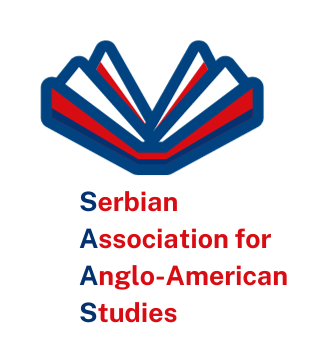ENGLISH STUDIES TODAY: RESEARCH IN TIMES OF CHANGE
CALL FOR PAPERS
This seminar is intended for doctoral students in English studies who wish to present their current research. Like previous editions corroborate, this event allows students to get in contact with peers who share similar concerns and face similar challenges throughout their research years. As research in English Studies has to adapt to our ever changing world, this seminar is conceived as an opportunity for young researchers to share and compare their initiatives and their experiences as PhD students with other colleagues. During this seminar, PhD students will be accompanied by early-career researchers and postgraduates, as well as senior lecturers and experts in English Studies research.
PLENARY SPEAKERS
Dr Rosa Lorés
(Universidad de Zaragoza)
Dr Katarzyna Paszkiewicz
(Universitat de les Illes Balears)
POSSIBLE TOPICS
LINGUISTICS
● Applied linguistics
● EFL pedagogy
● Academic and professional discourses
● Genre theory and rhetoric
● Pragmatics and discourse analysis
TRANSLATION
● Audiovisual translation
● Specialised translation
● Literary translation
● Language, style, and cultural change
LITERATURE
● Contemporary and modern literatures
in English
● Recent trends in critical theory
● Literary theory
● Postcolonial and decolonial studies
FILM STUDIES
● Culture and film theories
● Globalisation in the cinema
● Transnational cinema and
cosmopolitanism
The seminar welcomes proposals for papers on all the topics listed above. We are
particularly keen to encourage contributions that engage with the department’s areas of
expertise: transmodern and posthuman literatures, transnationality and crisis in contemporary
cinema, and recontextualization and interdiscursivity in digital (scientific) genres.
SUBMISSIONS
Abstracts must be submitted both for papers and for posters. The text must be written in English, with a 250-300 word length. Please use the abstract template provided on the website (typeset in Time New Roman, 12pt, single-spaced, and properly indented). Bibliographical
references are strongly recommended, following a well-established reference style (APA, MLA). Abstracts must be sent to seing@unizar.esincluding the name and affiliation of the author(s) in the message. The author’s name must be removed from the title and from references to earlier publications. Please, name the attachment “LING”, “TRANS”, “LIT”, or “FILM”, according to your field, followed by the author’s initials. e.g. Luis Rodrigo’s paper on Literature: LIT_LR; or Luisa Galve’s paper on Linguistics: LING_LG.
IMPORTANT INFORMATION
SCHEDULE Friday, May 3rd, 9:00-14:00 / 15:00-20:00
SUBMISSIONS
Deadline for abstract submission January 30th
Notification of acceptance March 4th
